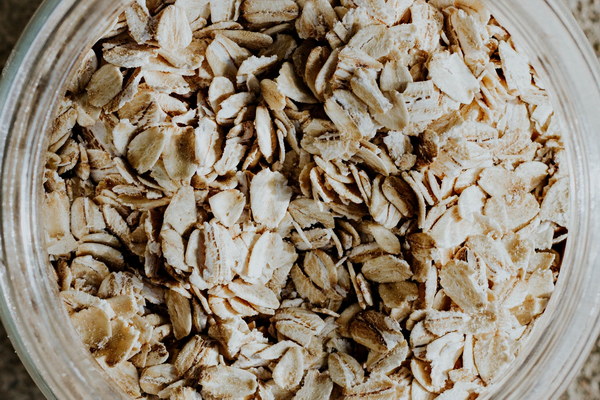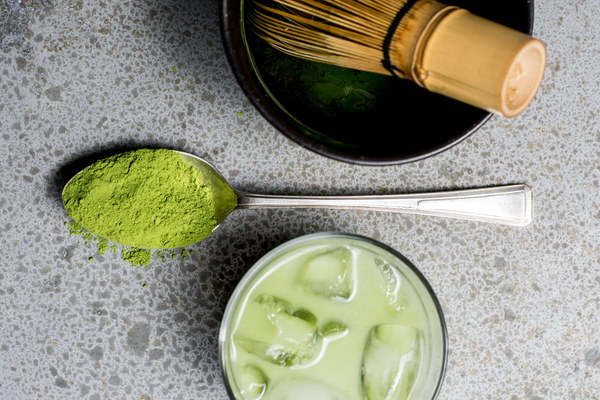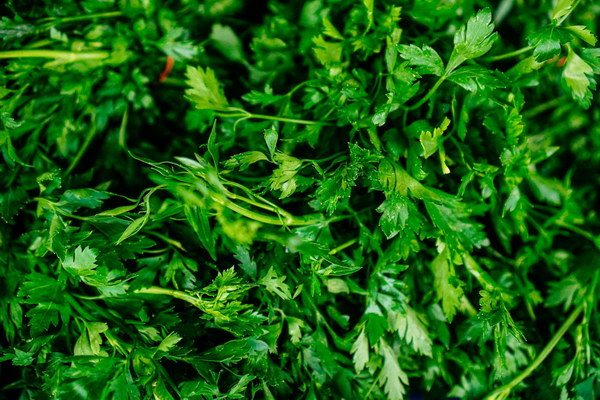Harvesting Health Nourishing Your Body and Mind with Winter Solstice Practices
As the winter solstice approaches, marking the shortest day and longest night of the year, the ancient wisdom of Chinese medicine offers a wealth of insights for embracing this season's unique energy and promoting health and well-being. Known as Dong Zhi in Chinese, the winter solstice is not only a time for celebration but also a period for nurturing the body and mind through targeted self-care practices. Here, we delve into the essentials of Dong Zhi health care and provide you with practical tips for embracing the season with vitality.
The Winter Solstice and the Body's Energy
According to traditional Chinese medicine (TCM), the winter solstice is a time when the yin energy, which is associated with cooling, contraction, and stillness, reaches its peak. Conversely, yang energy, which is linked to warmth, expansion, and activity, is at its lowest. TCM suggests that this imbalance can lead to various health issues, particularly those related to the kidney and urinary system.
To harmonize the body's energy and maintain health during this time, TCM emphasizes the following principles:
1. Warmth Over Coolness: Opt for warm, cooked foods and drinks, such as soups, stews, and herbal teas, to counteract the cooling nature of winter. Incorporate warming spices like cinnamon, ginger, and black pepper into your meals.
2. Kidney Support: The kidneys are the primary organs associated with the winter season. Foods rich in calcium, magnesium, and zinc, such as dairy products, nuts, and seeds, are believed to support kidney health.
3. Avoid Cold and Raw Foods: Cold and raw foods can exacerbate yin imbalances and lead to issues like colds, flu, and joint pain. Limit your intake of salads, cold beverages, and icy treats.
4. Stay Hydrated: Despite the cooler weather, it's crucial to stay hydrated. Warm herbal teas, broths, and bone broths can be excellent choices.

5. Adequate Sleep: The winter solstice is an ideal time to prioritize rest and rejuvenation. Aim for 7-9 hours of quality sleep per night to support the body's natural healing processes.
Mindful Practices for the Winter Solstice
In addition to dietary adjustments, the winter solstice is an excellent opportunity to engage in mindful practices that can further enhance your health and well-being:
1. Acupuncture and TCM Treatments: Consider booking an acupuncture session or a TCM treatment to balance your body's energy and address any underlying imbalances.
2. Meditation and Breathing Exercises: These practices can help you stay grounded and maintain a sense of calm during the winter months. Focus on deep, slow breathing to promote relaxation and balance.
3. Yoga and Tai Chi: These gentle, low-impact exercises can help maintain flexibility and circulation while reducing stress and anxiety.
4. Mindful Movement: Engage in gentle movement practices, such as walking, to keep the body warm and promote blood flow.
5. Self-Care Rituals: Take time for self-care, such as a warm bath with essential oils, a soothing facial, or a relaxing massage to nurture your body and mind.
Conclusion
The winter solstice is a powerful time for embracing the natural rhythms of the season and fostering a deeper connection with our health. By incorporating the principles of TCM and engaging in mindful practices, we can enhance our well-being and emerge from the winter with renewed vitality. As the days grow longer and the sun begins its ascent, let us embrace the winter solstice as an opportunity to cultivate health, balance, and harmony in our lives.




![Discover the Ultimate Relaxation Experience the Best Foot Massage in Baoying - Call Now at [Phone Number]!](http://img.bluepurple.cn/a/养生/49/Discover-the-Ultimate-Relaxation-Experience-the-Best-Foot-Massage-in-Baoying-Call-Now-at-Phone-Number.jpg)




